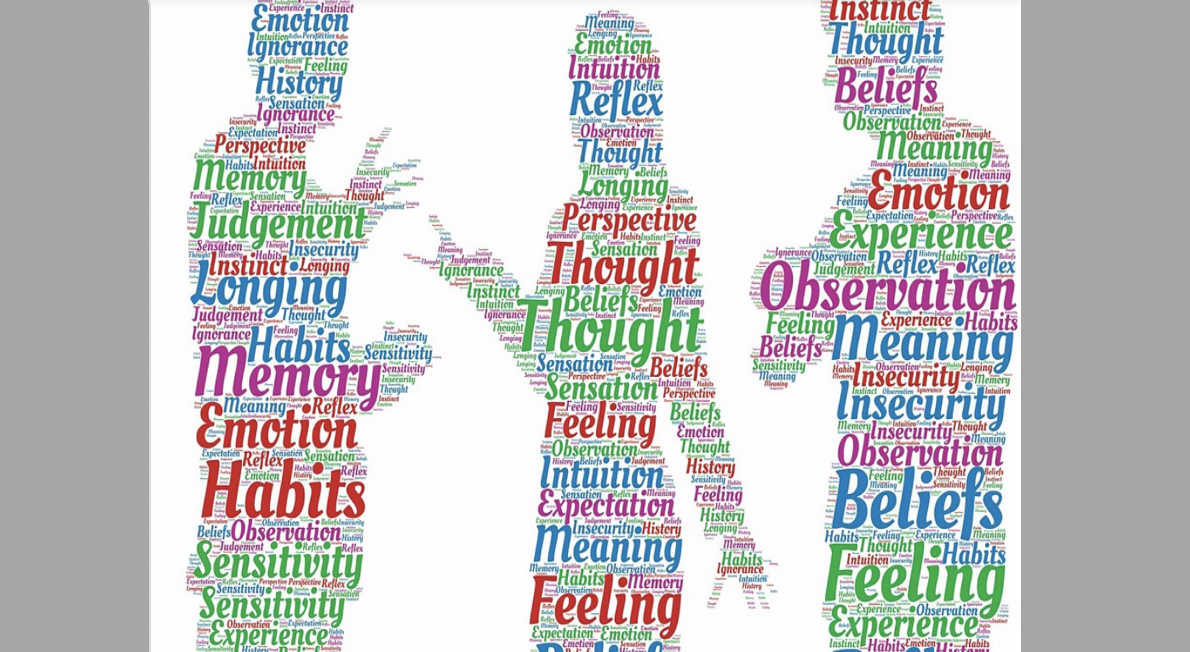
Respecting difference in opinions
Respecting differences in opinion is a core value of a fair and free society. It is important to realize that an efficient work model requires mutual consultation and feedback between the people involved. At present, in many Muslim countries, autocracy has been the norm to govern people. In those societies, public opinion usually takes a back seat. The rulers look down in contempt on people with differing opinions. This hostile attitude towards people’s voices contrasts with the Quran’s teaching that gives people the right to be consulted in their all civic concerns. Consequently, the people who are unaware of the Islamic viewpoints on public opinion raised the question: Is Islam compatible with democracy?
Mutual consultation is a command
The Quran emphasizes a culture of forgiveness towards people. As people are from different backgrounds, differences in opinion are likely. By the same token, contentions are likely to happen during expressing differences in opinion. Allah commanded the Prophet (Peace be upon him) for his kind and soft approach to his people in this regard. Chapter in the Quran named “Shura,” meaning “consultation,” gives people the right to beg consulted and emphasize public discourse in a civil society.

“Quran 3:159 “It is due to Allah’s Mercy that you (O prophet) dealt gently with them. Had you been harsh and hardhearted, they would have broken away from you. So pardon them and seek forgiveness for them. Consult them in affairs. Then, when you have taken a decision, place your trust in Allah. For Allah loves those who put their trust (in Him).”
Humans are God’s representatives
Humankind is a highly ranked creation of the Creator. They are God’s representatives on the earth, as the Quran emphasizes. God’s representatives are expected to submit to God’s authority and following His path of benevolence and reason. It is important to realize that Inviting towards goodness and cautioning against what is bad are communal responsibilities in Islam. Indeed, these can be achieved best by consultation and dialogue between members of the community. God commands mutual consultation, in the same verse, where He urged us to trust in Him. As a reward, God promises humankind a life hereafter, far better and more enduring than the enjoyments of life on the earth (Quran 42:36- 42:38). https://qpeace.net/?p=1382
Prophet’s (Peace be upon him) examples
Prophet Muhammad (Peace be upon him) discussed with his followers to make a working plan. Obviously, if the Quran already ordained an issue, there was not much room to maneuver on that subject. Muhammad’s (Peace be upon him) companions were familiar with his work ethics. They used to ask him if an instruction was a revelation from God or was from him as a person. If it was from the prophet, they shared their viewpoints on the issue.

“Quran 42:38 “…Those who answer the call to their Lord and establish regular prayers, who conduct their affairs by mutual consultation, who spend out of what We bestow on them for sustenance…”
“Quran-39:18 “who listen to all that is said, and follow the best of it, [for] it is they whom God has graced with His guidance, and it is they who are [truly] endowed with insight.”


Be the first to comment